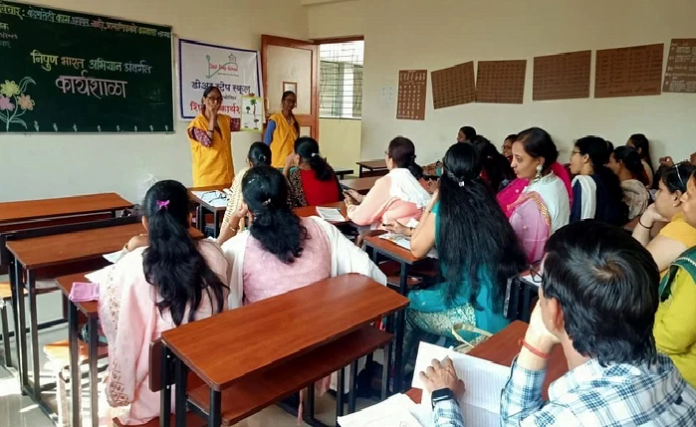
Assam government issued orders for the dress code of School teachers
Dimple Arora reports on the dress code for school teachers issued by the Assam government…
The Assam government has asked school teachers to not wear casual or Western clothes like T-shirts, jeans, or leggings in schools, saying that it is not acceptable to the public at large. The state government wants to uphold the decency of education institutes and this decision is part of it, Assam education minister Ranoj Pegu wrote on Saturday, 21st May on Twitter. Governor Gulab Chand Kataria directed orders under the state education departmental policy.
Education secretary Narayan Konwar wrote in a letter on Friday night saying that “ It has come to notice that some teachers of educational institutions have the habit of wearing the dress of their choice, which sometimes does not appear to be acceptable by public at large. Since a teacher is expected to be an example of all sorts of decency, especially while discharging their duties, it has become necessary to follow a dress code that should reflect a sense of decorum, decency, professionalism, and seriousness of purpose at the workplace”
Male teachers will have to wear collared shirts and formal pants and female teachers will wear salwar suits, sarees, or mekhela chador. Also, female teachers have been asked to not wear T-shirts, jeans, or leggings.
The letter said that “ Both male and female teachers should be dressed up in clean, modest, and decent clothes of sober colors, which should not look flashy. Casual and part apparel should be strictly avoided. The order shall be complied with scrupulously by all concerned and any deviation from this may invite disciplinary action as per the rules. ”
Pegu said that “ If all the students can wear uniforms in their schools, why can’t the teachers maintain this? The teachers should dress properly. This will give a positive message”
The order has been sent to the mission director of the Sarva Shiksha Abhiyan, directors of elementary education, secondary education and the State Council of Educational Research and Training, the education minister’s office, all principals of schools, and district elementary education officers.
Teachers’ organizations in the state haven’t responded to the order by now.

